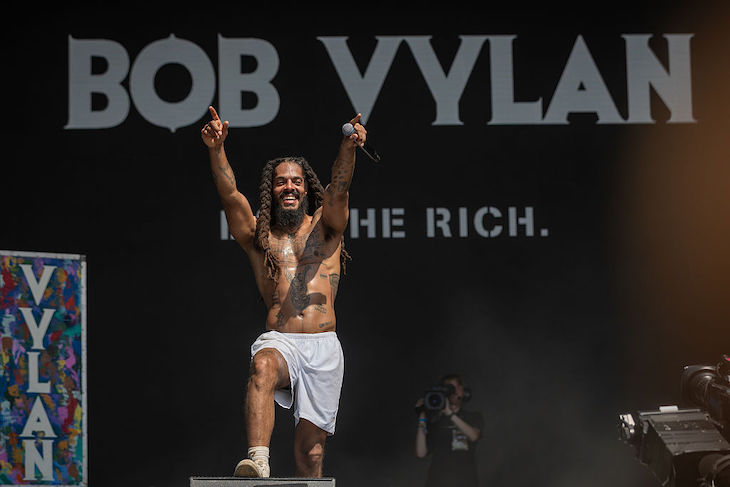Manchester United have axed Sir Alex Ferguson’s contract as an ‘ambassador’ for the club, and it is not clear whether the most shocking part of this news is that he has been put out to grass by new owner Sir Jim Ratcliffe or that he was getting £2.16 million a year to shake hands with executive box customers (the ones Roy Keane famously called ‘the prawn sandwich brigade’).
Sir Alex is a club legend, of course. He will be 83 at the end of this year, and is said to not be in the best health these days. He also lost his wife, Cathy, a year ago. He’s also had to suffer watching a substandard United team for the past 11 years, unable to come anywhere close to the kind of team he moulded during his reign – a reign that made him the most successful manager ever in this country.
There may be an argument that you’d have to pay someone to watch Manchester United under David Moyes or Erik ten Hag, but £2 million a year?
The amount of money being spent by clubs at the top of the football pyramid is famously obscene, yet Ferguson’s role shows there are still increasingly inventive ways for clubs to splash out in a week what it takes most of their supporters a lifetime to earn.
Even Ferguson’s £2 million a year would be small change to some of the staff. United’s highest-paid player, Casemiro, earns as much in six weeks as Fergie was getting in a year. Even Mason Mount is on £200,000 a week and hardly gets in the starting XI.
Plenty of teams are charitable enough to give former long-serving players and managers a largely cosmetic and simple role within the club after retirement, which usually involves donning a shirt and club tie and doing a bit of meet-and-greet in the hospitality suites during home games or maybe the odd stadium tour. Some go further – during Covid, former Spurs captain Gary Mabbutt personally rang 3,000 vulnerable and elderly fans to check on their health and others to wish them happy birthday.
But that’s an exception, and many of those who were around before Sky made every average Premier League player a millionaire before their 30th birthday are grateful for the extra income and the chance to still feel involved in football.
None of which applies to Sir Alex Ferguson. He is not like any normal manager. For starters, he remained at United’s helm for 27 years at a time when most managers struggle to last 27 months. He did not win his first trophy for four years but under previous administrations was given the chance to grow a team into challengers – something unlikely to happen these days.
His record is well documented but worth repeating. He won 13 Premier League titles between 1993 and 2013 and didn’t need a dodgy Middle Eastern sugar daddy to do so. His United side, featuring several homegrown superstars, also won five FA Cups and four League Cups. If that was not enough to set him apart from his rivals, it is in Europe that he saw his greatest triumphs – namely two Champions League victories as well as a Cup Winners’ Cup one.
He was irascible and dictatorial. He would get rid of players, no matter how good, if they angered him. He had to handle the egos of Beckham and Cantona and did so successfully.
Is all this worth handing him a small fortune 11 years after he packed it all in? Probably not. Would any United fan begrudge him for it? Also, probably not.
But as an example of how clubs spend their money, it is yet another reason why it hurts so much for fans who have already seen rising ticket prices, teams travelling 100 miles by private jet to get to a game, replica shirts for £100 even though they will be out of date in a year, or ending concessions for pensioners. And all this without the blow being cushioned by the kind of success Ferguson brought to the club.







Comments